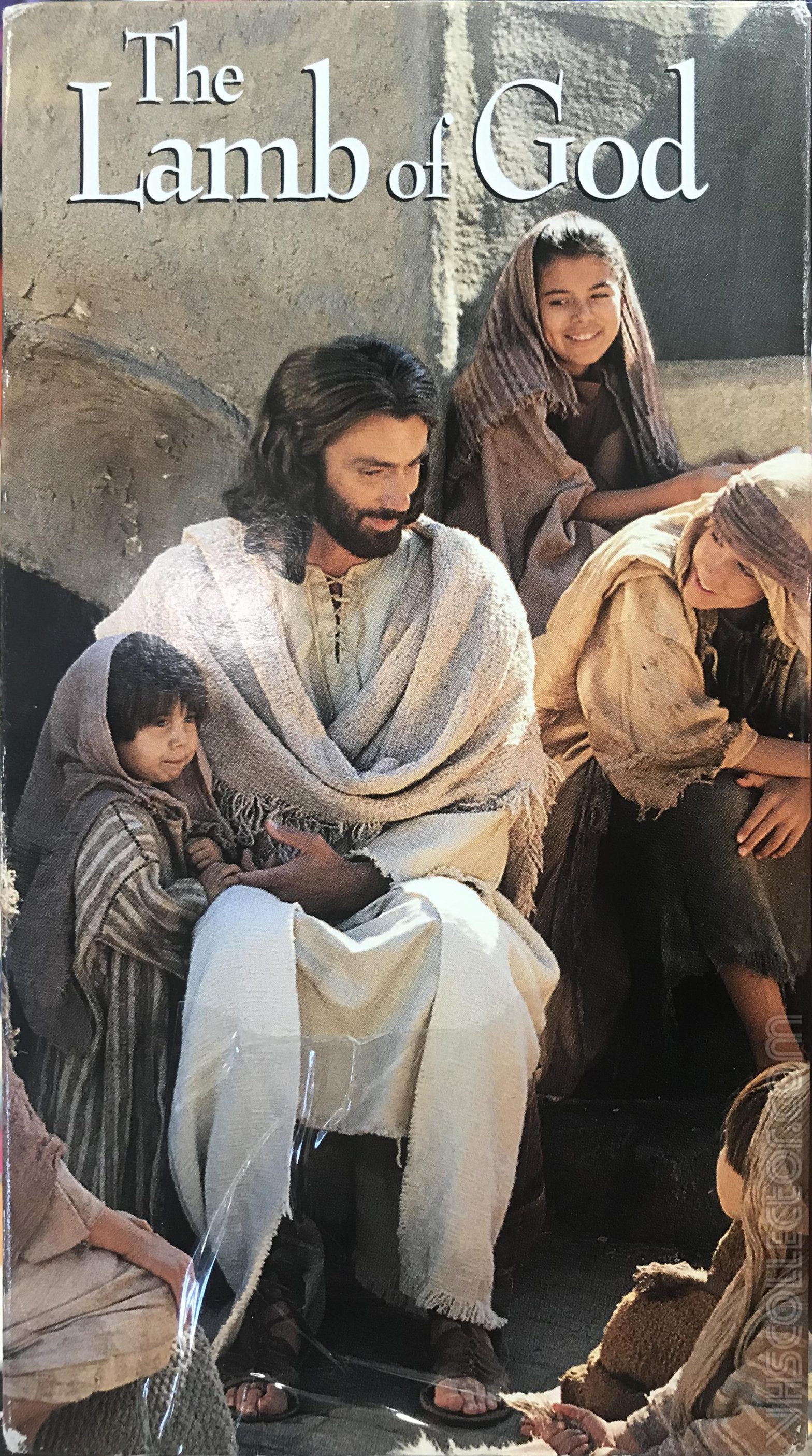THE SEED
These will wage war against the Lamb, and the Lamb will overcome them, because He is Lord of lords and King of kings, and those who are with Him are the called and chosen and faithful Revelation 17:14
God has always dealt with sin by allowing blood to be shed. The Lord Himself established the sacrificial system when mankind committed its first act of disobedience. He killed an animal and used its skin to bodily cover Adam and Eve, just as its blood “covered” their sin. But this was only a short-term fix. Only Jesus Christ’s shed blood could make up for sin and eradicate it forever. The Son of God came to earth to serve as the world’s sin-bearer; He lived a sinless life before taking on the entire weight of our sins and guilt. Those who put their faith in Him as Saviour receive full forgiveness through His death on the cross, becoming righteous and holy in the eyes of the Father. Jesus is known as the Lamb of God for this reason. Lambs were offered as sacrifices to atone for sin in the Old Testament. The substitutionary death required to fulfil God’s justice was similarly supplied by Jesus in the form of His life. As a result, God and us were able to mend their differences and adopt us into His family. Because of Jesus, we are able to approach God and declare, “Thank You for being my Father.”
PRAYER
Oh Lord, you have made yourself a sacrificial lamb for my sins, the grace to sin no more, grant it unto me in Jesus name, Amen
BIBLE READINGS: John 1:19-29
ODO AGUNTAN OLORUN
IRUGBIN NAA
Àwọn wonyí yóò bá odọ́ Àgùntàn náà jagun, odọ́ Àgùntàn náà yóò sì ṣẹ́gun wọn, nítorí òun ni Olúwa àwọn olúwa àti Ọba àwọn ọba, àti àwọn tí ó wà pelú re ni ẹni tí a pè àti àyànfẹ́ àti olóòótọ́ Ìfihàn 17:14.
Ọlọ́run ti ń dojuko ese niígbà gbogbo nípa fifi aye gba itaje sile. Olúwa fúnra re fi ìdí ètò ìrúbọ náà múle nígbà tí ènìyàn hu ìwà àìgbọràn re akọ́kọ́. Ó pa ẹran kan, ó sì fi awọ ara re bo Ádámù àti Éfà, gẹ́gẹ́ bí eje re se“bo” eṣẹ̀ wọn. Ṣugbọn eyi jẹ atunṣe igba kukuru nikan. Eje Jésù Kristi tí a ta sílẹ̀ nìkan ló lè pa eṣe re titi lae. Ọmọ Ọlọ́run wá sí ile ayé láti sìn gẹ́gẹ́ bí ẹni tí ń ru ese ayé; Ó gbé ìgbésí ayé aláìlẹ́ṣe kó tó gbé gbogbo eru eṣe àti ebi wa wo. Àwọn tí wọ́n fi ìgbàgbọ́ wọn sinu re gẹ́gẹ́ bí Olùgbàlà gba ìdáríjì kíkún nípa ikú re lórí àgbélébú, ní dídi olódodo àti mímọ́ ní ojú Baba. A mọ Jésù sí odọ́ Àgùntàn Ọlọ́run fún ìdí yìí. Awọn ọdọ-agutan ni a fi rubọ gẹgẹbi irubọ lati ṣe etutu fun ẹṣẹ ninu Majẹmu Lailai. Ikú ìfidípò tí a nílò láti mú ìdájọ́ òdodo Ọlọ́run ṣẹ ni Jésù pèsè bákan náà ní irú ìgbésí ayé Re. Ní àbáyọrí re, Ọlọ́run àti àwa ní agbára láti ṣàtúnṣe aáwo wọn kí a sì gbà wá sínú ìdílé re. Nítorí Jésù, a lè sún mọ́ Ọlọ́run kí a sì kéde pé, “O ṣeun fún jíjẹ́ Baba mi.”
ADURA
Oluwa, o ti fi ara re se odo-agutan fun ese mi, oore-ofe lati ma dese mo, fi fun mi ni oruko Jesu, Amin.
BIBELI KIKA: Jòhánù 1:19-29
